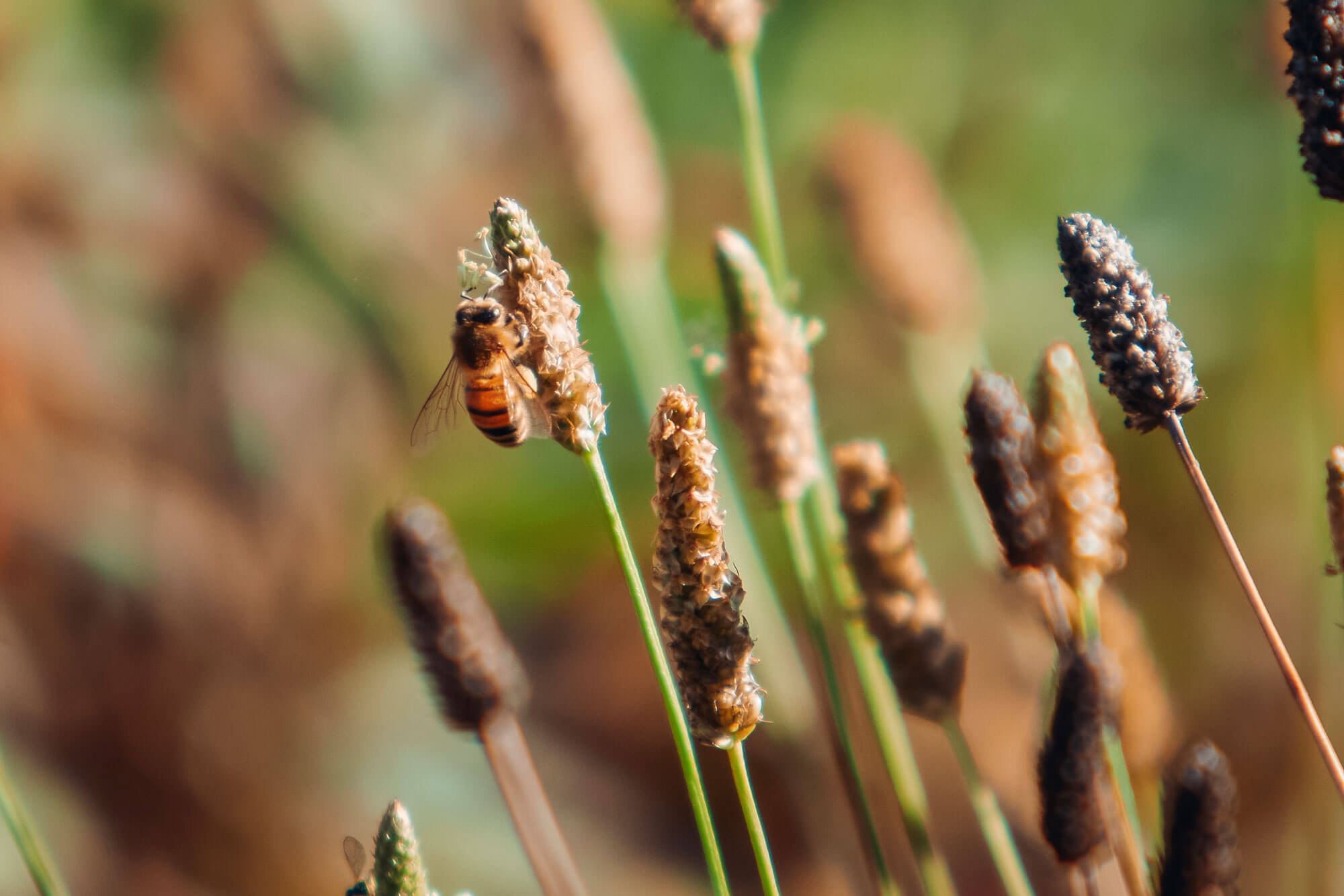Who is the red wine gift set ideal for?
This wine gift set is perfect for those looking to impress any wine lover. With 90-95 Point Wines included within this gift set such as varietals from Cabernet Sauvignon, including ‘The McNab’ (94 points), and Red Blends, like 'The Butler' (95 points), this gift set is superbly suited for delivery as a thoughtful present during the holiday season or other special occasions. Ideal for enthusiasts who value variety and excellence in their wine collection, each bottle has been selected for its outstanding quality. This makes it a top choice for anyone who cherishes fine, sustainably produced Red Wines and is eager to order a memorable gift.
What is the difference between “Organic Wine” and wine “Made With Organic Grapes”?
The grapes we grow that go into wines we label as “made with organic grapes” are held to the same standards as grapes used to make “organic wines”. The only difference between the two categories is the decision to add a small amount of sulfur at the final stage of wine fermentation. Sulfur is a naturally occurring compound used to end fermentation, this ensures the wine does not continue to ferment after it is bottled.
Our wine is “made with organic grapes”, which means that USDA regulations allow us to use a small amount of sulfur to stabilize the wine just before it is bottled, ensuring a consistent, high-quality product every time. The sulfur we choose to add to our wines regularly falls below the regulated amount.
Regulations for “organic wine” do not permit use of any added sulfur. Because organic wine has no added sulfur/sulfites, it is often less consistent in taste and flavor and it ages poorly.
How should I store the red wine case to maintain its quality?
Store your case of red wine in a cool, dark place with a consistent temperature, ideally between 55-65°F. Ensure the bottles are stored on their sides to reduce air contact with the cork to preserve the wine's integrity.
Can I customize the selection of wines in the 12-bottle case?
This 12-bottle red wine case features pre-selected varietals curated by our team to offer a diverse range of our best red wines.
How long will the wines in the red wine case last after opening?
Once the cork is removed from the bottle, most red wines will stay fresh for 3-5 days if properly re-corked and stored in the refrigerator. We recommend using a wine preservation tool for longer storage.
What food pairings do you recommend with the wines in the mixed red wine case?
Our red wines pair beautifully with a variety of dishes. We recommend pairing them with a spring salad with grilled meats, pasta with red sauce, hearty stews, and a variety of cheeses. Each wine in the case may have specific pairing recommendations on its label. Explore more recipes on our Bonterra blog.
What is the best way to serve the wines?
For optimal enjoyment, we recommend serving our red wines at a temperature of around 60-65°F. Allow the wine to breathe by decanting it or letting it sit in the glass for a few minutes before drinking.
Are there sulfites in Bonterra wine?
Our winemakers have made the decision to use a limited amount of sulfites in our wines to ensure that the wine you open is the same quality as it was when we bottled it, so we label our wines as ‘made with organic grapes.’
The USDA’s “made with organic grapes” certification allows a maximum of 100ppm of sulfites in wines made with organic grapes – that’s less than 1/3 of the amount of sulfites conventional wines are allowed. The average total sulfites for Bonterra wines are between 70 to 90ppm.
The “organic wine” regulations do not permit use of any added sulfur. Because organic wine has no added sulfur/sulfites, it is often less consistent in taste and flavor and it ages poorly.
We recommend that you contact your physician regarding specific health concerns.
Do organic wines contain sulfur?
Yes, virtually every wine contains sulfur, including organic wines. Sulfur occurs naturally during winemaking as a by-product of fermentation.
Sulfur is used in winemaking to stop fermentation, so the wine does not continue to ferment once it is bottled. Our wine is “made with organic grapes”, which means that USDA regulations allow us to use a small amount of sulfur to stabilize the wine just before it is bottled. The sulfur we choose to add to our wines regularly falls below the regulated amount.
Does Bonterra wine contain glyphosate?
We actively avoid glyphosate. It is not used in our estate vineyards, nor in partner vineyards we source from.













